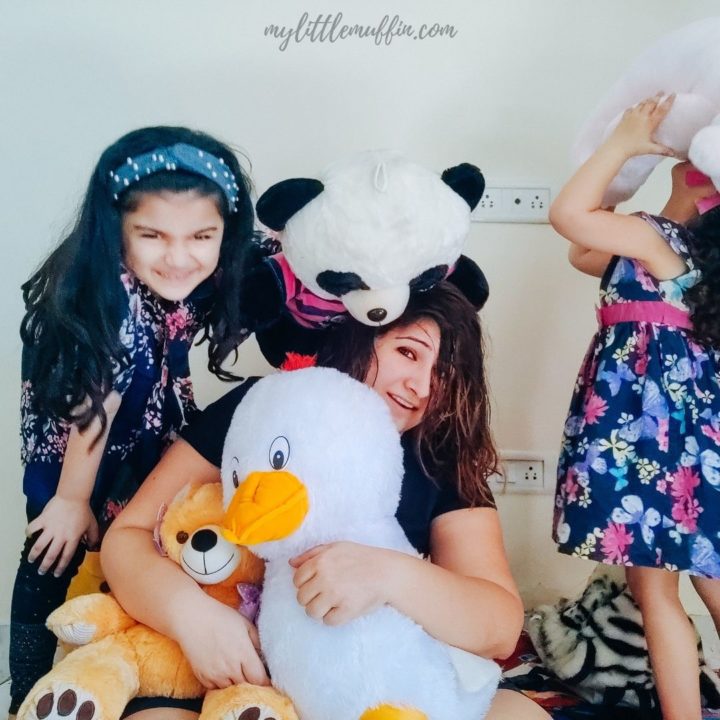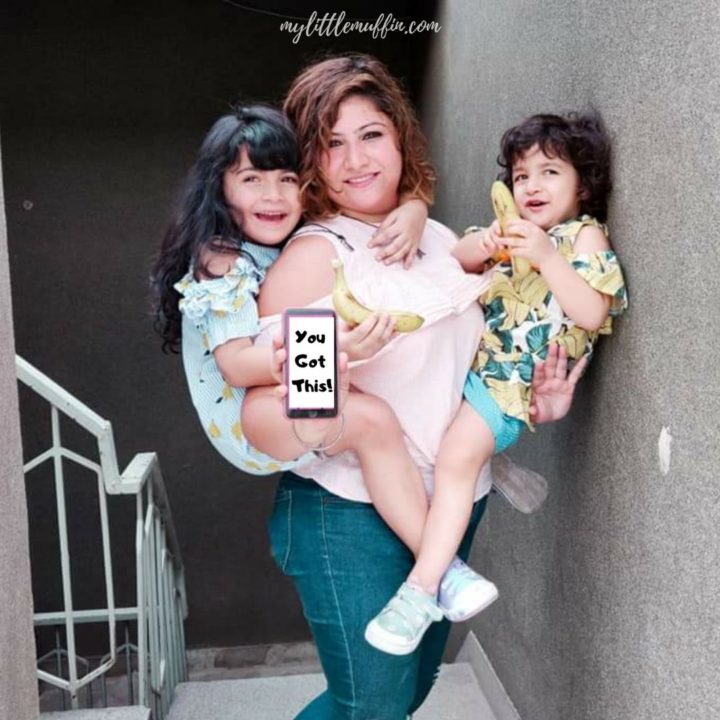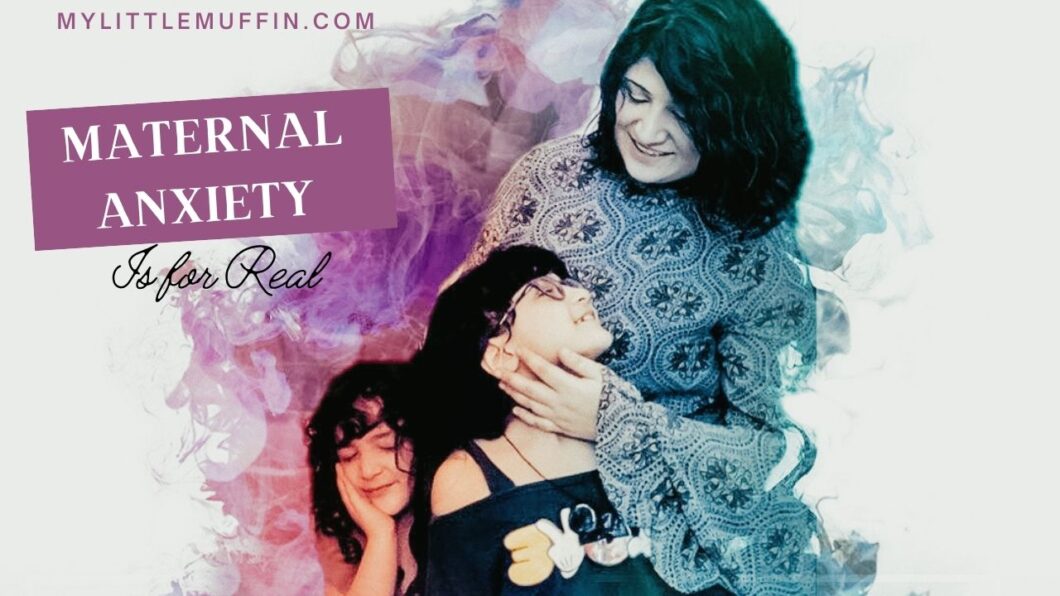Maternal anxiety
If you feel that separation anxiety is just for kids, hold your thought and read on.
When you become a parent, you are likely to experience a fraught with emotions. You may find yourself feeling extremely happy and joyous at your baby’s birth at one moment, and may experience an immense sense of responsibility. At certain times you would feel an intense fear to do everything right for your baby.
There might be times an extreme desire to be able to protect your baby from the world around may lead to a couple of problems for your baby and you.

What is maternal anxiety?
The guilty and awful feeling when you leave your baby behind is called maternal anxiety.
Do only mothers experience this anxiety?
It isn’t just the mothers who experience an anxiety after the baby’s birth, even father’s may become anxious and depressed.
What does maternal anxiety feel like?
The symptoms of maternal anxiety are:
- Feeling alone and frightened
- Unable to focus on one thing at a time and experience mind racing
- Feeling unable to cope
- Flitting from one task to another, and being unable to finish any task
- Finding everything equally important, and finding it difficult to prioritise
- Always being chaotic and disorganised
- Feeling depressed
- Getting physiological symptoms like- sweating palms, racing heart, rapid breathing and feeling a sense of something bad about to happen
- Changes in sleep and appetite and loss of weight
- Feeling disconnected from the baby and self
- Not being able to enjoy motherhood
- Always feeling anxious about the baby (not finding the baby’s behaviour normal)
- Finding everything stressful
- Unable to relax and let go
- Not feeling like stepping out of the house
- Having distressing thoughts about the baby and yourself

What can lead to a maternal anxiety?
There can be various reasons that can lead to maternal anxiety, that includes:
- Having a complicated pregnancy
- Carrying an unplanned pregnancy
- Facing a premature labour and birth
- Worries related to various relationships
- Having a disappointing or difficult birth Job, housing, money or any other pressure
- Watching your baby fall sick and in need of a special attention
- Lack of practical or emotional support
- Post natal depression
- Having a history of depression, anxiety or any other mental health issue
- Alcohol or substance abuse Or probably no real reason at all
Why is maternal separation and maternal anxiety equally important?
It’s important for a mother and baby to be in close proximity to each other. It promotes comfort, safety and food. Maternal separation is equally important as close proximity for the development and growth of the mother child relationship.
What kind of separation is healthy for your child, and which kind is not?
Consistent and relatively brief separation leads to a healthy development of the relationship between the mother and the baby. When there is a complete lack of detestation between the two, it doesn’t show any growth and may also lead to various separation related problems in future. Inconsistent or prolonged separation (with absence of any means of comfort), may lead to distress, illness, attachment disorder, anxiety disorders or relationship problems.
Why is it important to let go of maternal anxiety?
It’s extremely important for a parent to have a control over his/her emotions. Most of the sweetest memories of your baby would occur when you are away from him. If you learn to let go of your maternal anxiety, it would be really healthy for your baby’s development. It’s observed that babies whose mothers haven’t registered high levels of maternal anxiety, show high level of school readiness and attachment security.
What happens if maternal anxiety is left untreated?
If this anxiety is left untreated, it may lead to an unhealthy attachment in the parent and child relationship. Mothers who frequently have a maternal anxiety, eventually become controlling parents. This can lead to low self esteem, separation anxiety and issues with competency in the child. This also leads to having a negative impact on school readiness, attachment security and phycological state of the child.
When can maternal anxiety be a cause of concern?
When physical symptoms like – sleeplessness, racing heartbeat or heart palpitations occur, you should definitely visit your doctor.
LOVE THIS? BE SURE TO SHARE!!
Read: Anxiety in kids – Part 1
Read: Self love is the key to being a happy mother.
Read: Life Coach For kids who could help your kids reach their goals.
Get on a discovery session With Life Coach Preet and discover new horizons. Reach me on Instagram to book one to one session or a group session.
Much love,
Preetjyot Kaur
??????????????? ?????????? ( ?????????) ????? ?????????? ??????????? EXPERT (???),???? ????? ??? ????, ????????? ????? & COACH FOR TEACHERS
If you found this post helpful or if you know of someone who could benefit from this, please go ahead and share this.
Feel free to personally contact me on my Instagram account or at preetjyotkmehra@gmail.com for any personal support.
Also, don’t forget to share your views in the comment section below .
